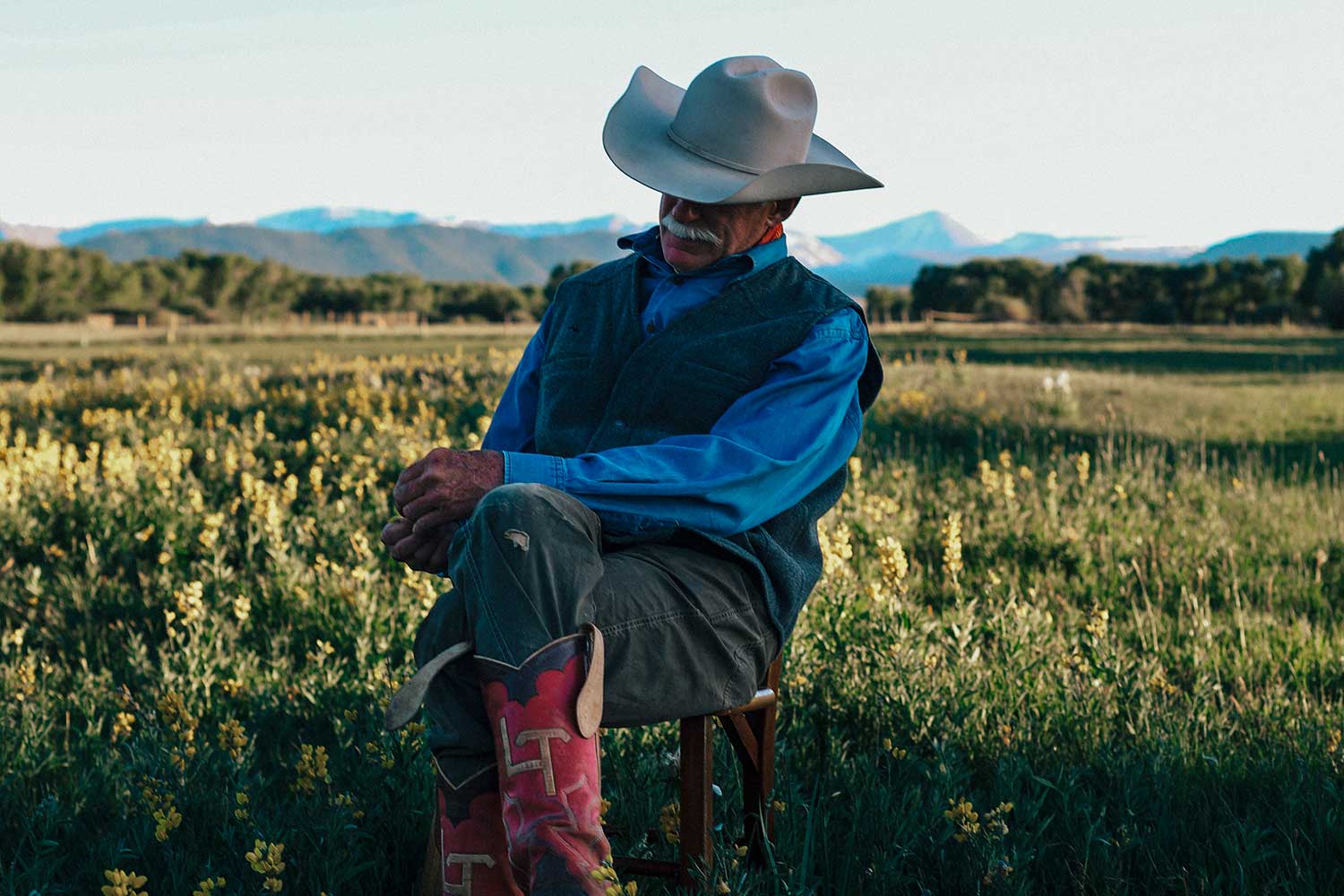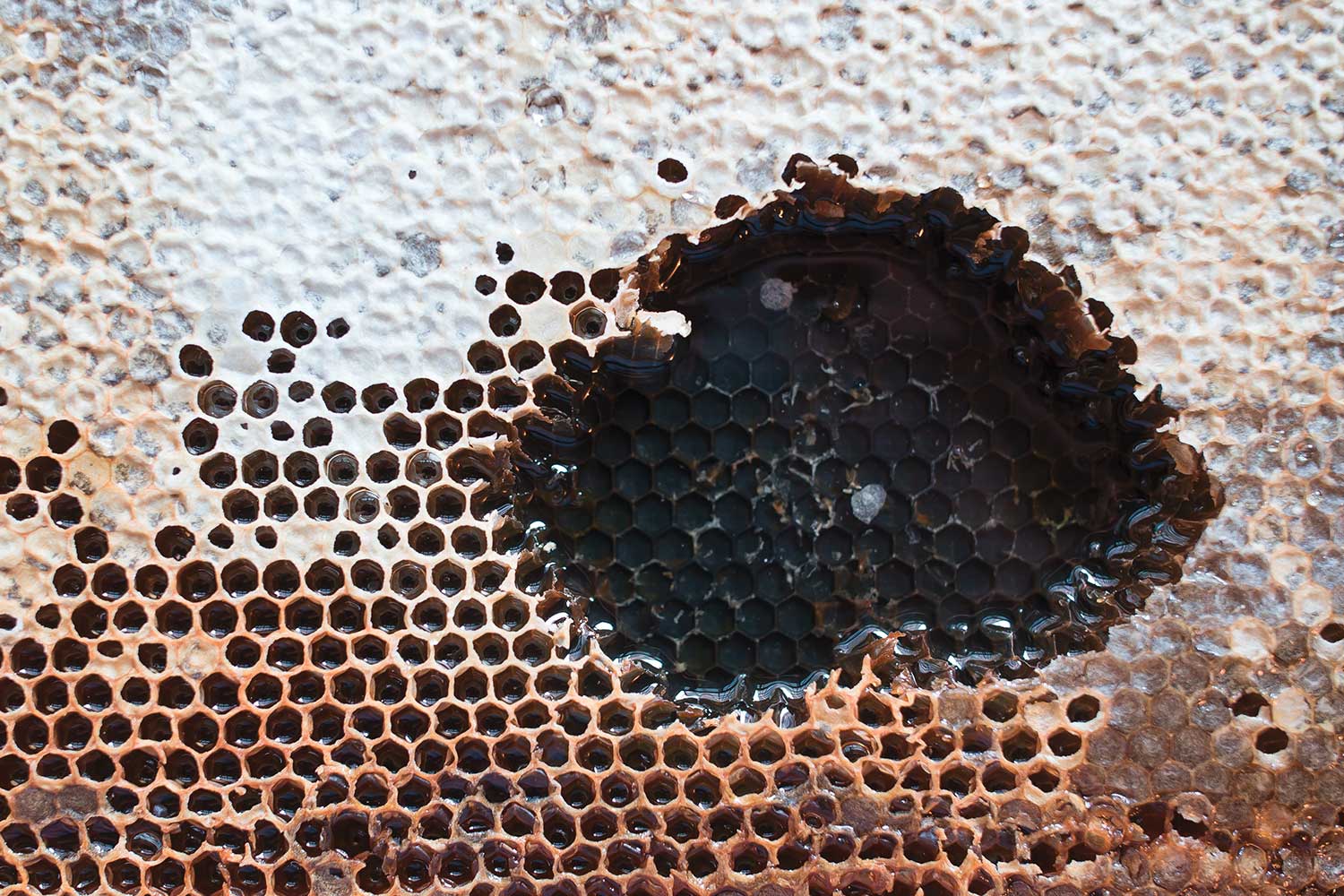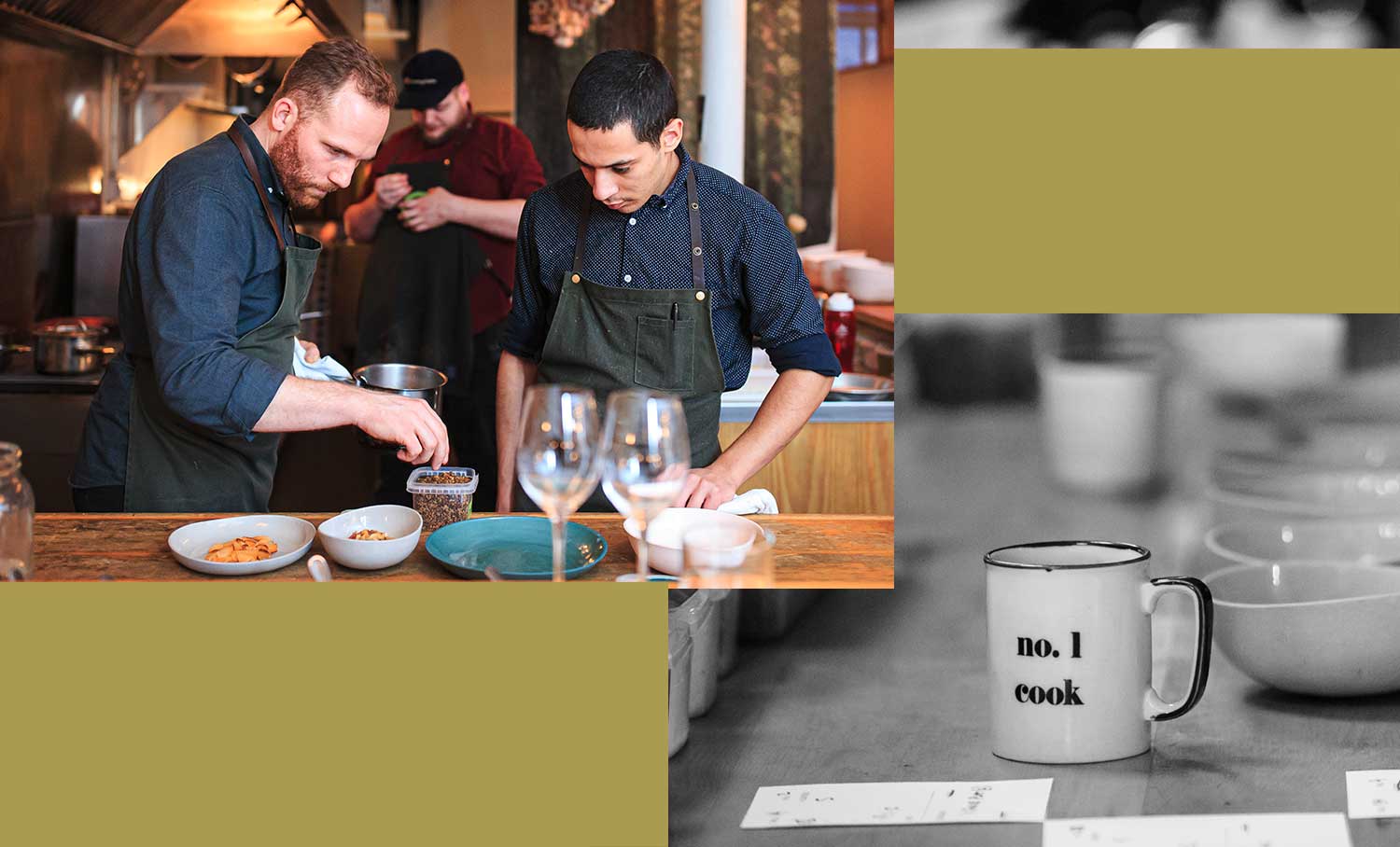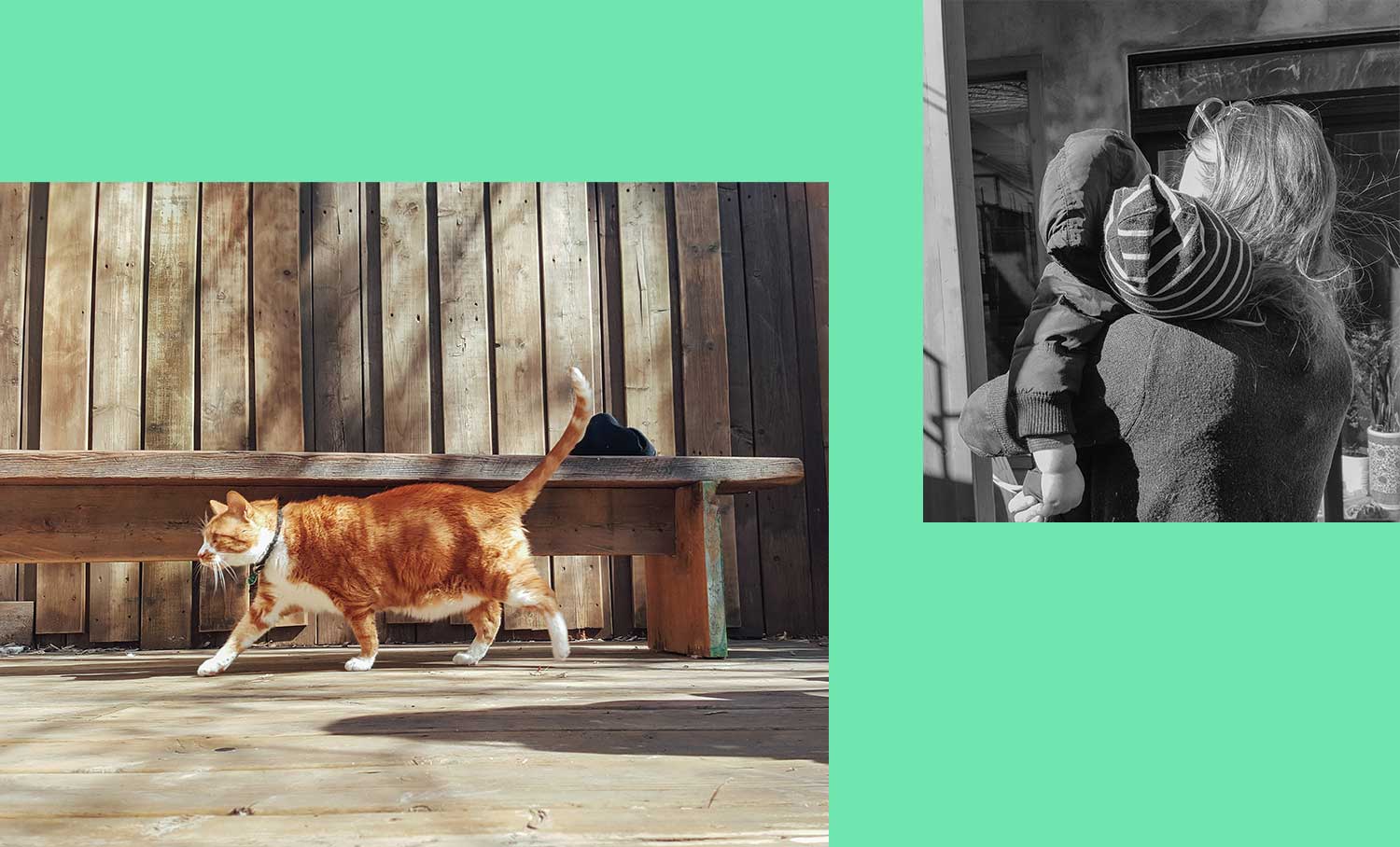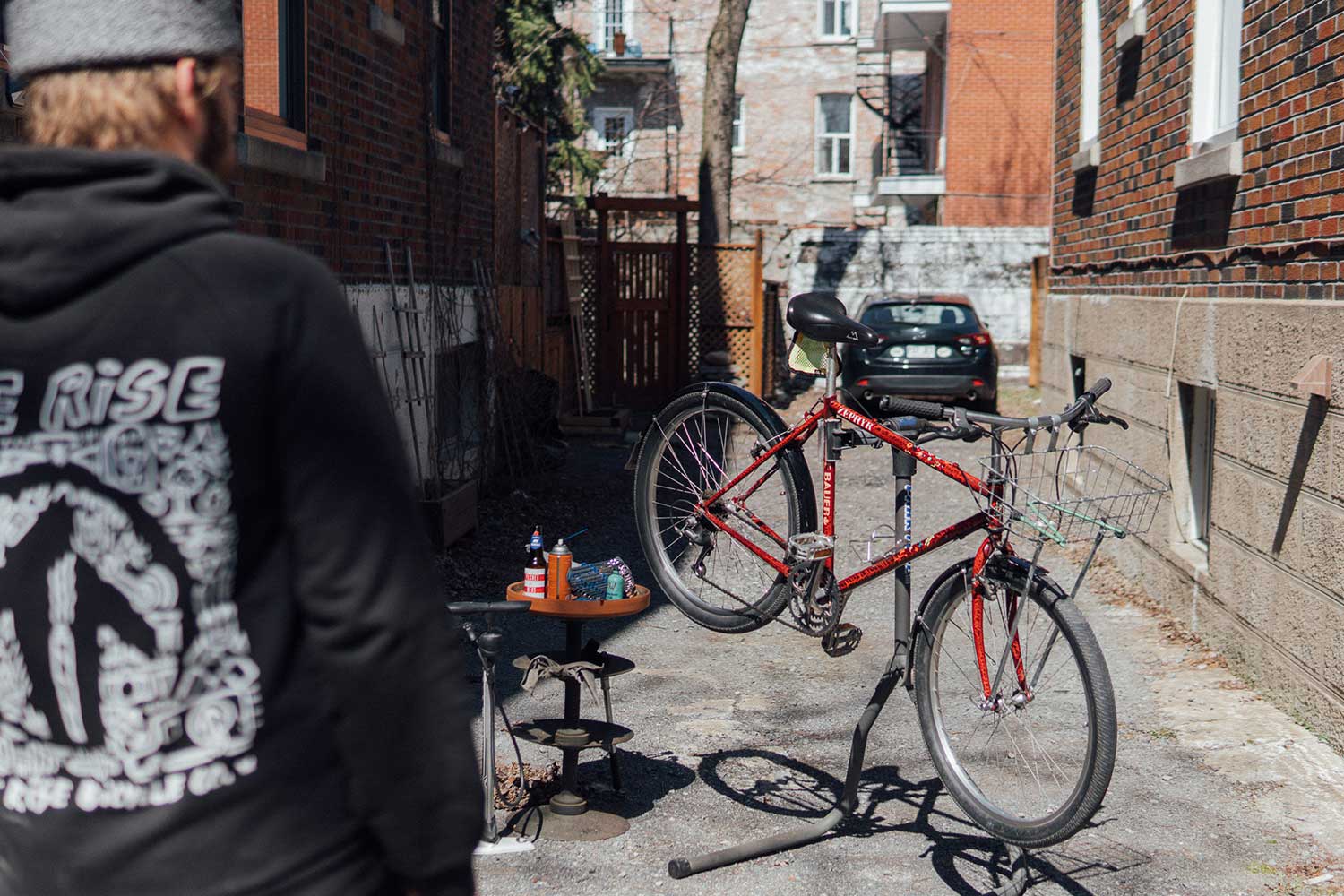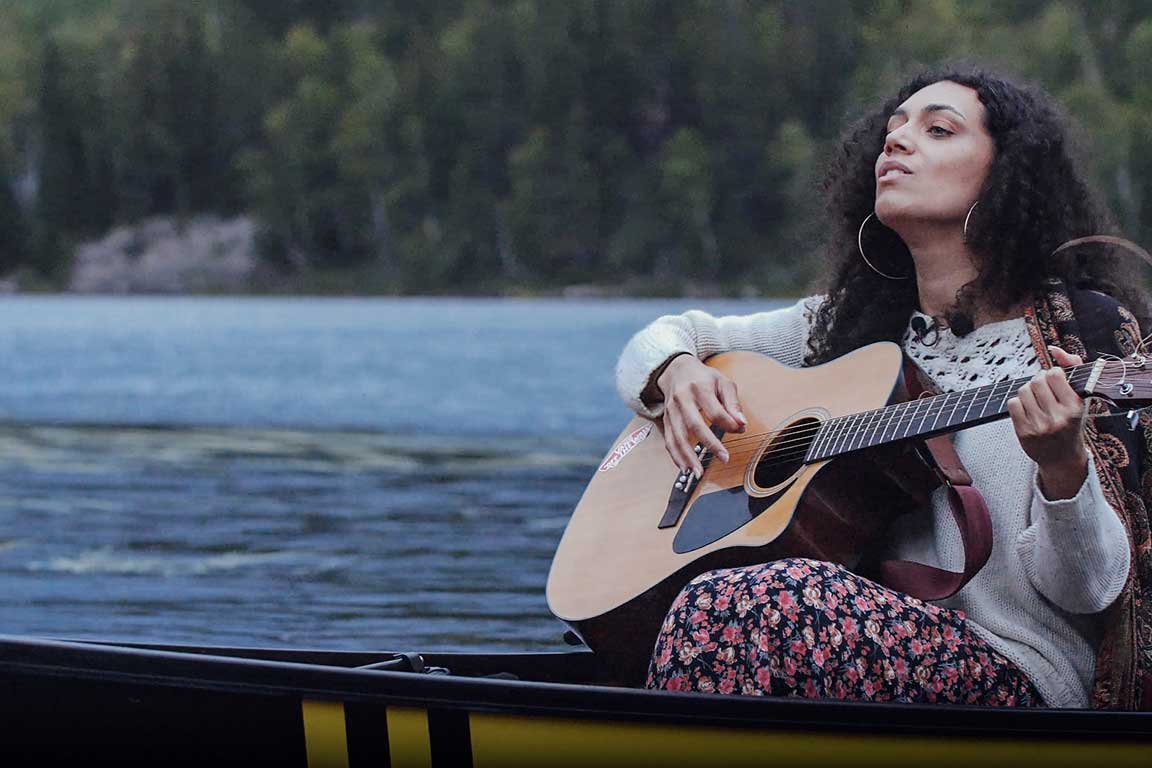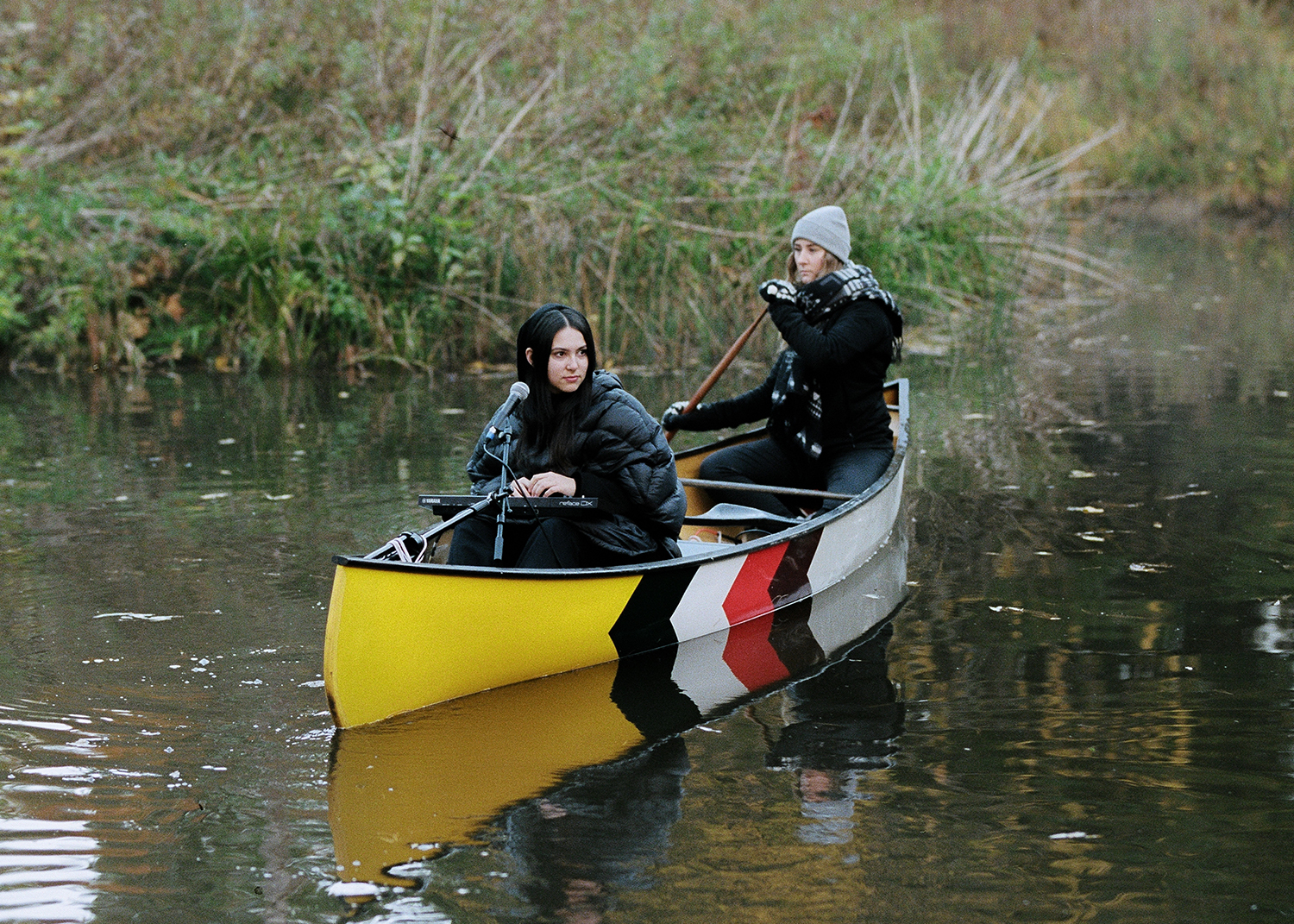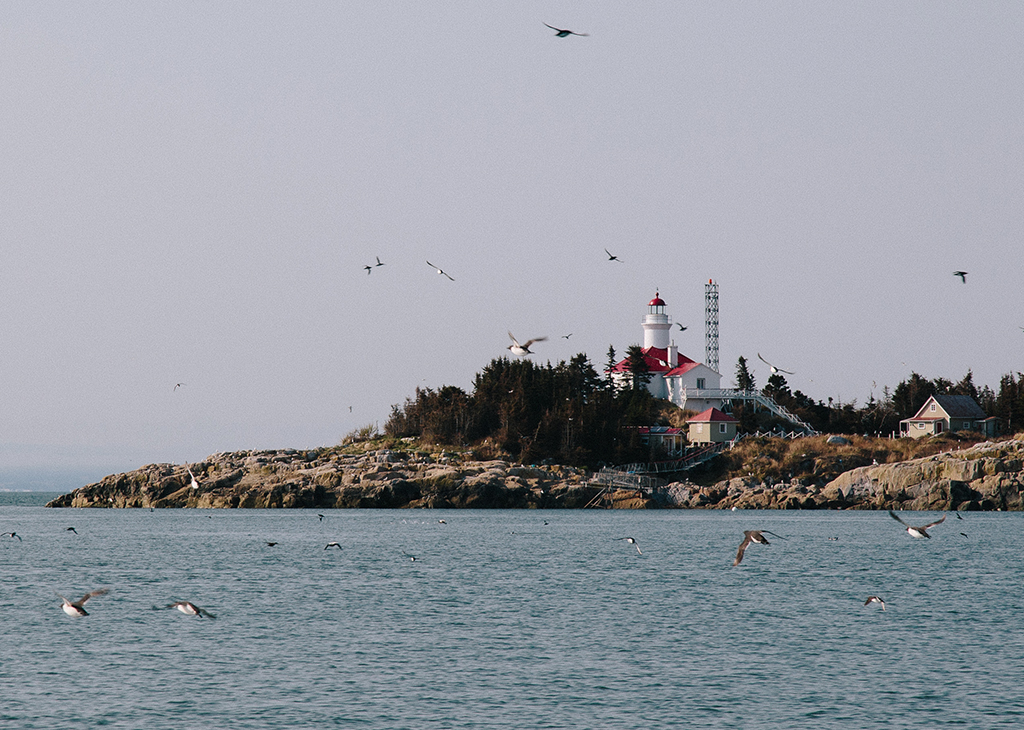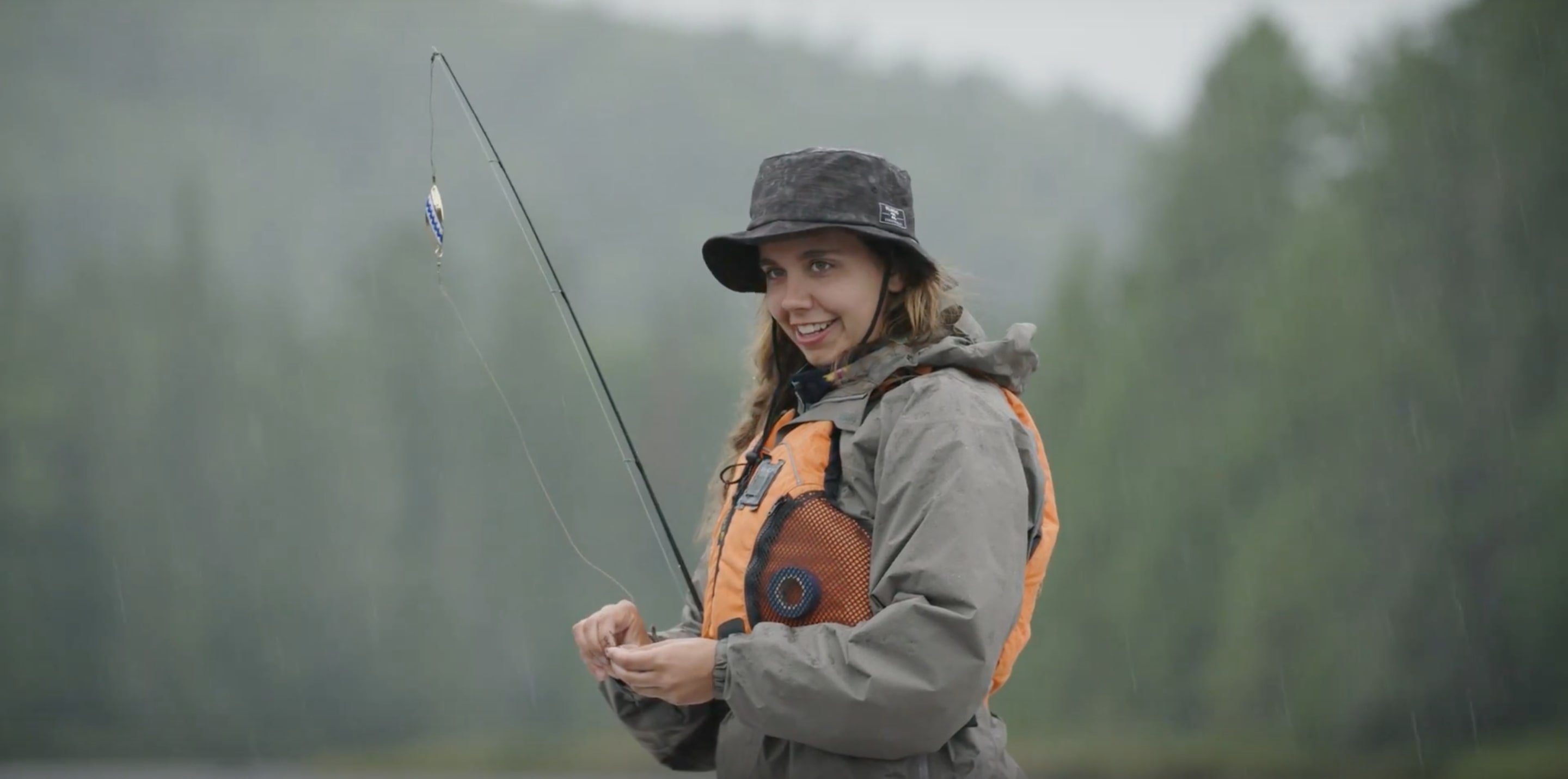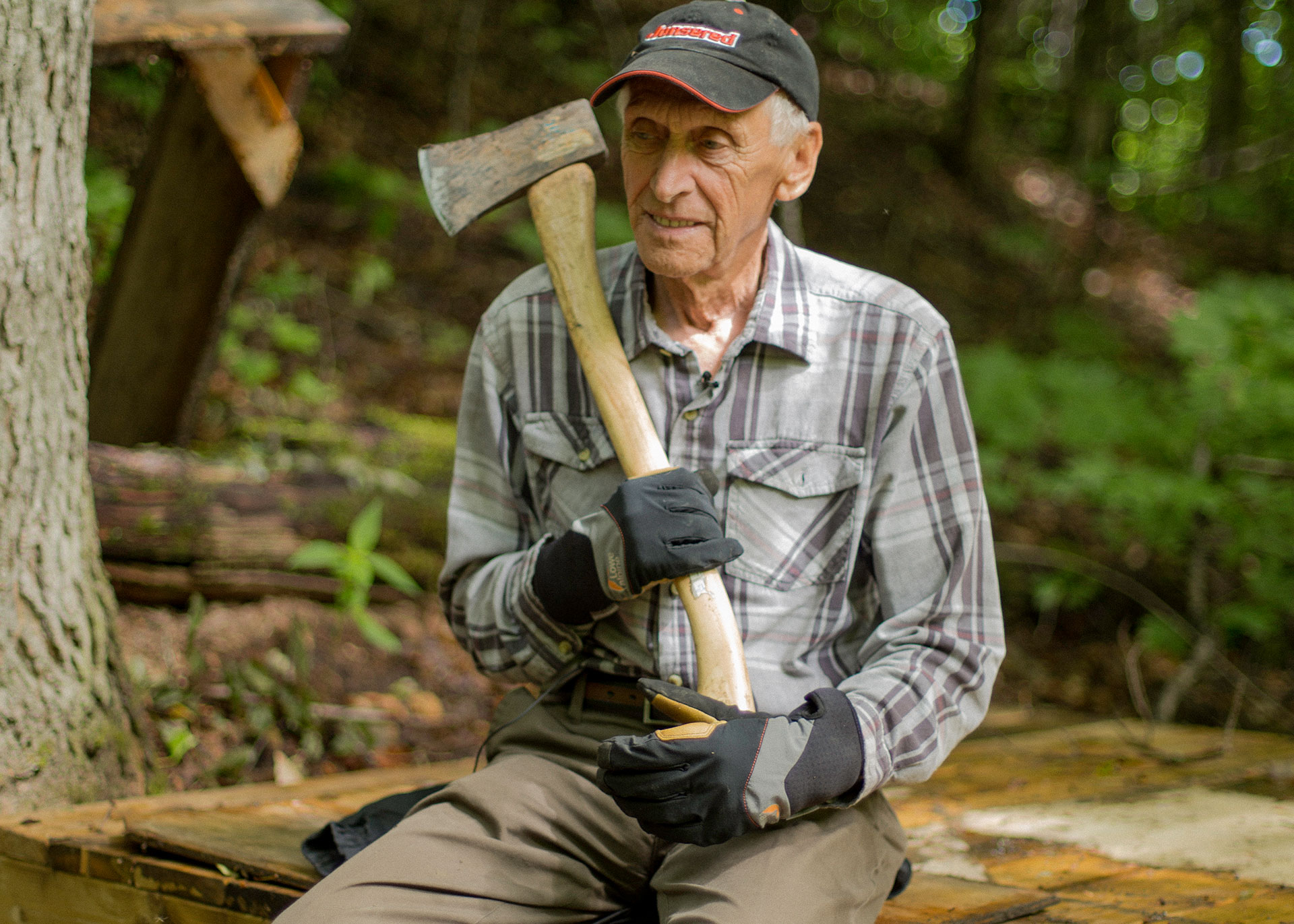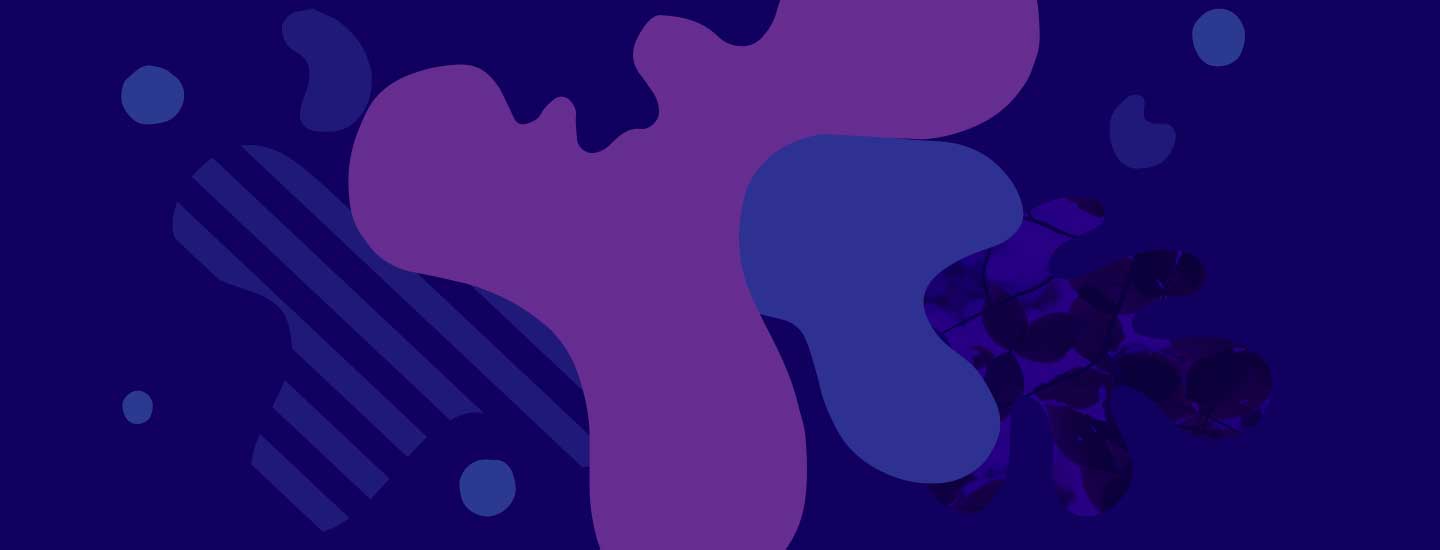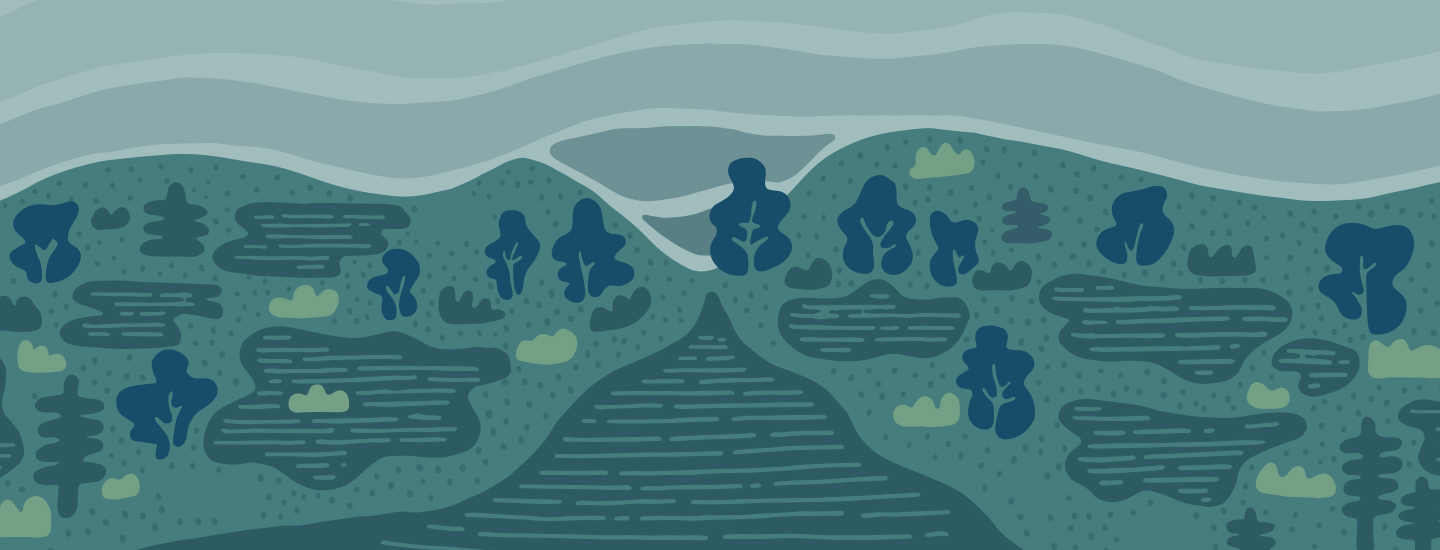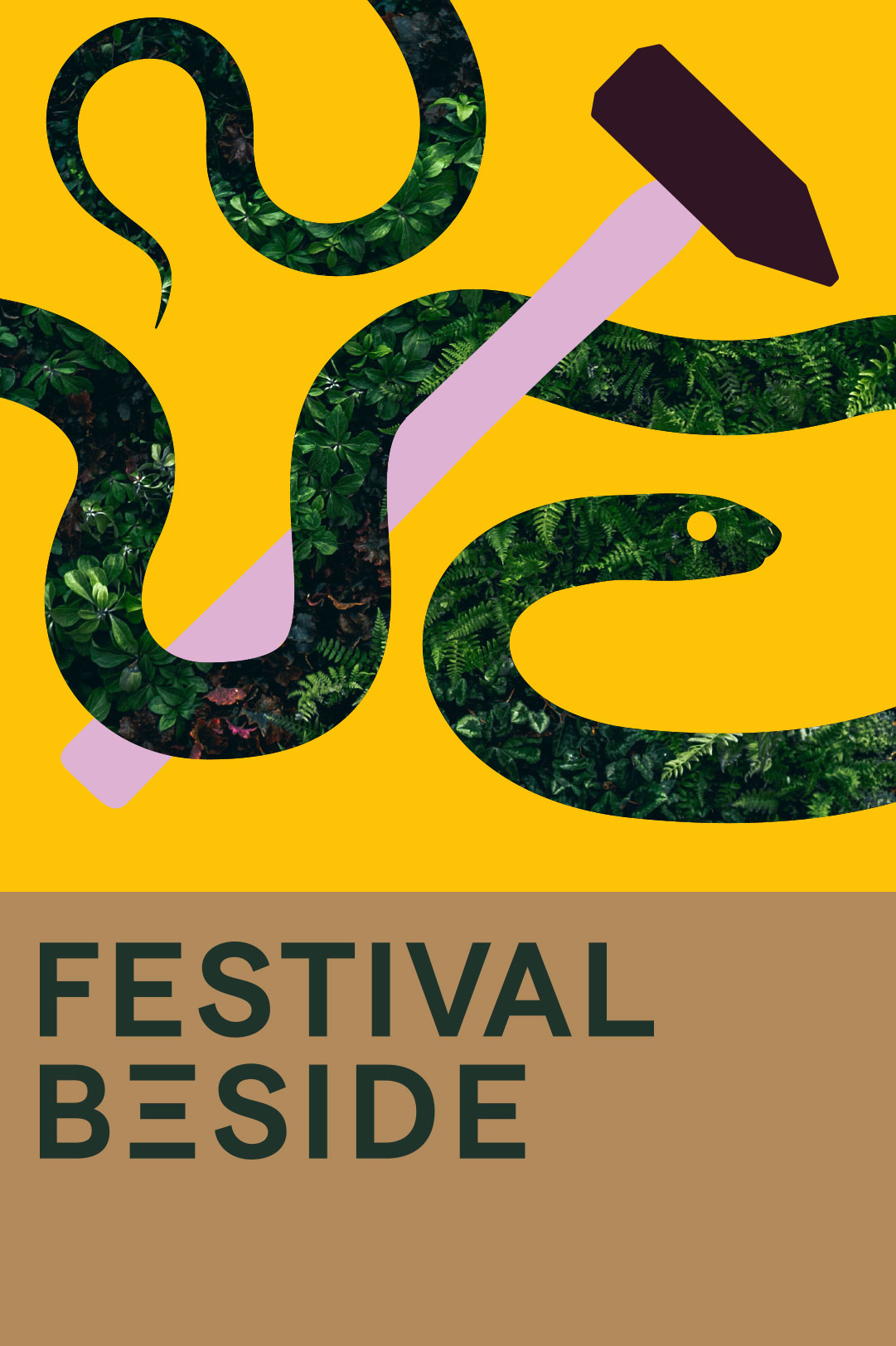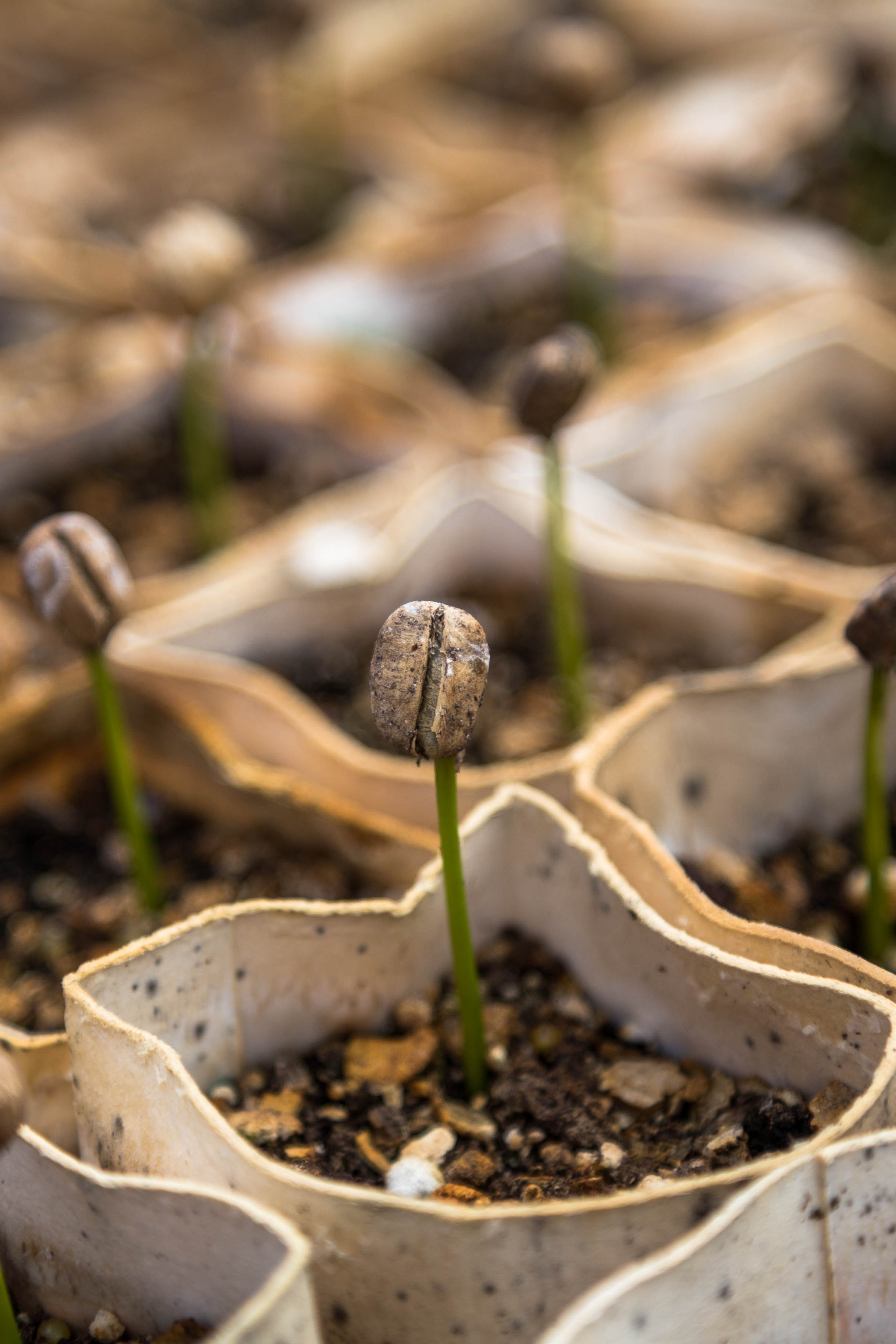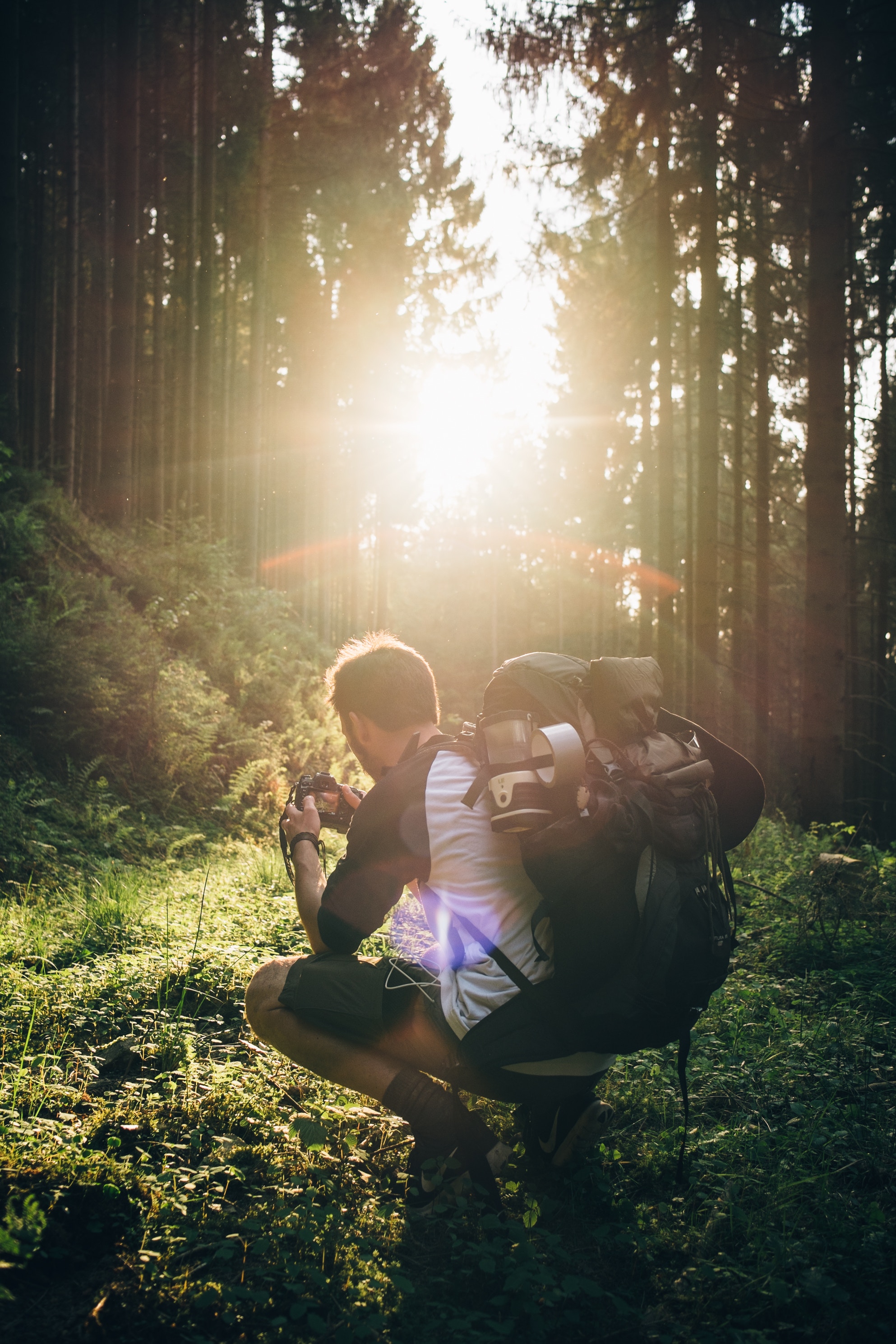Across the Salty Roads
An inspiring journey hitchhiking by sail across the South Pacific Islands to collect stories of locals taking the initiative in the fight against climate change.
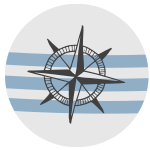
Crossing
“I’ve been at sea for nearly a week now. Days on a sailing vessel pass slowly. All the hard work and combined effort is appreciated. But when synergy sparks on water, just like on land, things tend to move effortlessly. During this trip, I’ve seen a lot of great moments of unity among Islanders. It’s clear that the people from the South Pacific, more than anywhere else, are driven by common purposes. What I’d soon be experiencing is a cultural revival movement aimed at bringing all the Cook Islanders together.”
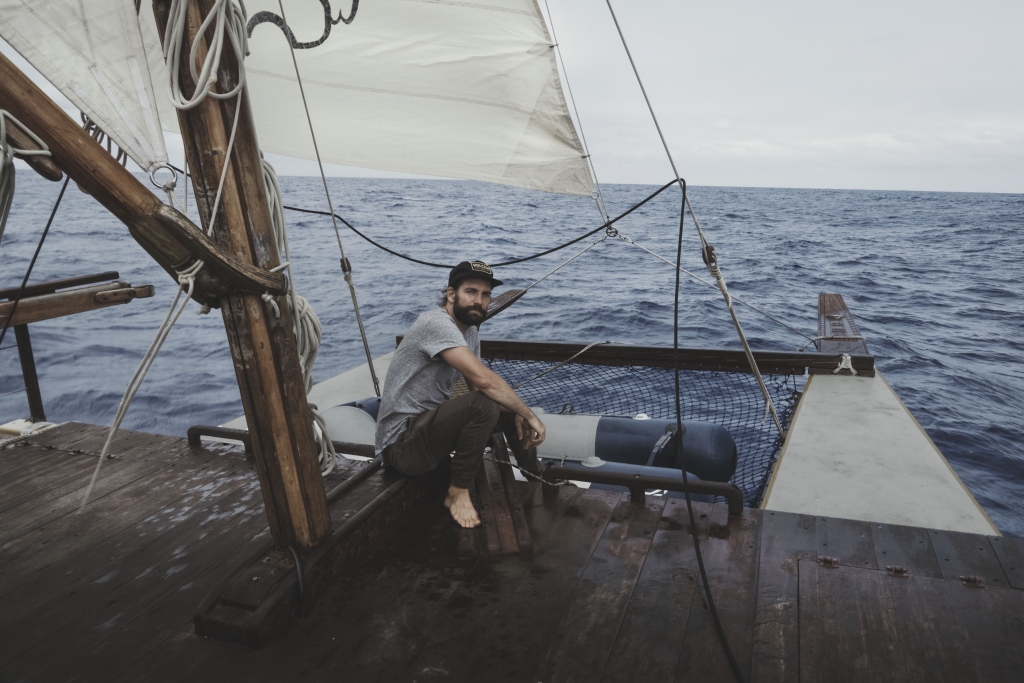
Bora Bora to Cook Islands
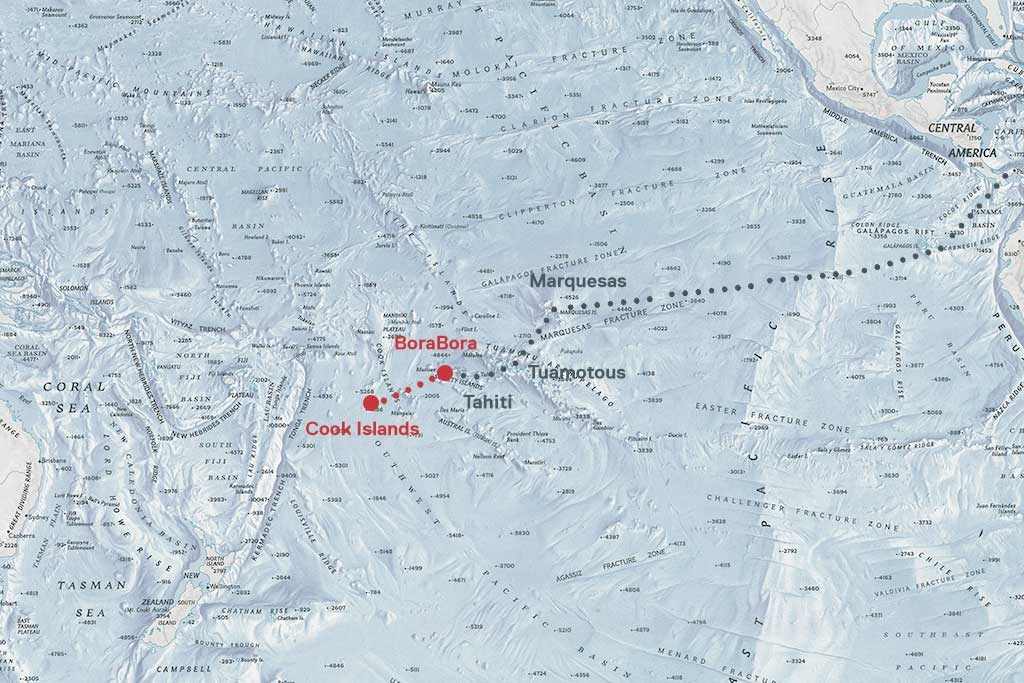
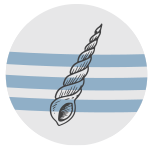
Cook Islands
The Resilient Archipelago
The Cook Islands are located in the middle of the South Pacific Ocean, between American Samoa and French Polynesia. Politically tied to New Zealand, the archipelago encompasses 15 islands, where the ravages of climate change are visible: talk to the islanders about it; they are watching the coral reefs degrade at a distressing pace. Faced with this state of affairs, the population has chosen to mobilise, by creating, for example, the Te Ipukarea Society, which is trying to ease the local effects of global warming. The organisation’s philosophy: the natural resources around us belong to future generations, and it is our responsibility to keep these resources in good condition.
However, Cook Island residents think that part of the solution can be found in the past. Those who strongly believe in the transfer of knowledge and expertise are fighting for a return to traditional resource management methods, which will have a positive impact on marine ecosystems. Welcome to a community where the preservation of the environment is nothing less than a matter of the heart—and of resilience.
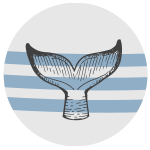
Traditional Fishing
Having landed in the Cook Islands, Guillaume began the challenging quest of finding information about its overfishing problems and solutions. He went around around the island, visiting organisations from news agencies to government offices. Things finally came into perspective when he met Teina Rongo:
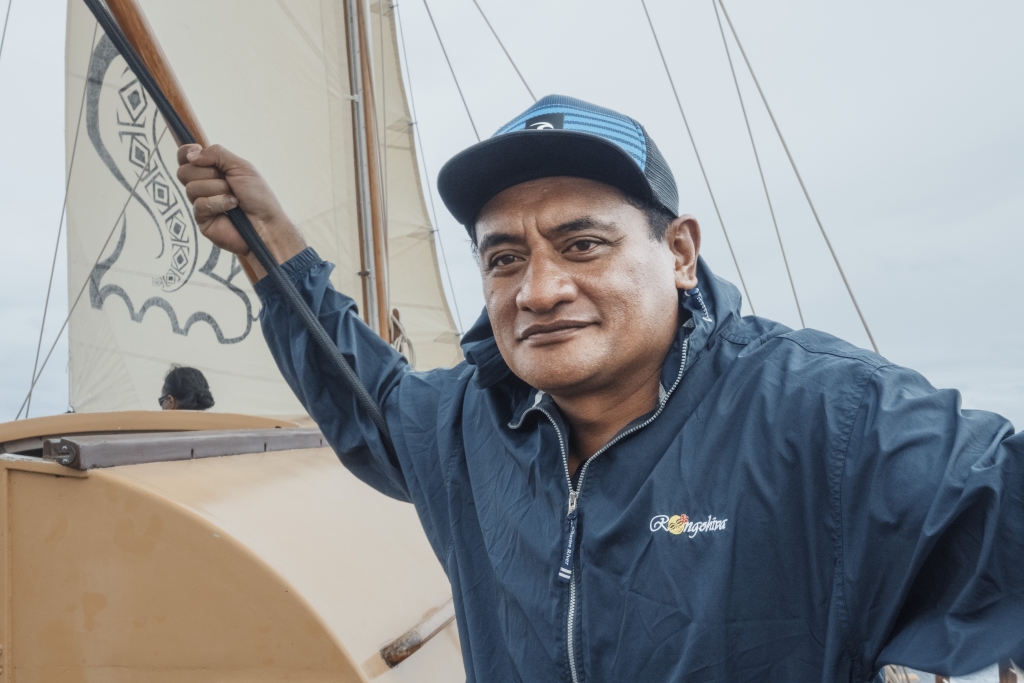
“I was raised in a family where subsistence fishing was a normal practice. This cultivated my passion for the marine environment. And I became the first Cook Islander with a Ph.D. in Marine Biology”
For years, Dr. Rongo had been researching reefs and had being looking into purse seine fishing problems, in a documentary he had produced with community elders. He had also interviewed local fishermen from around the country who were voicing their concerns about the government’s overextension of fishing rights and permits to outsiders. Their main focus was on how purse seine as well as other modern fishing techniques were killing more fish than Mother Nature could replenish. Dr. Rongo’s solutions of community strengthening and collective consciousness were rapidly making their way into the mainstream: “Today we’re trying to bring back our language. What we don’t realize is that our language is also our practices. A traditional way of practicing links us to the land. Planting, fishing. Because at the same time you’re monitoring the environment. We make our people aware that solutions for climate change have always been with us. But we just need to embrace them. Because with Westernization we’re moving away from practices our ancestors have given us, practices that help us adapt to changes in the environment.”
Teina explained that bamboo rod fishing on reefs, where only a certain fish species is targeted (e.g., grouper), is a fishing method that has been practiced for hundreds of years. However, this has mostly been replaced by other more extensive methods, such as gill net fishing, which has led to non-targeted fish species being caught. In an environment where resources and ocean conditions are transforming due to climate change, Teina claims that it is essential to promote ecologically friendly practice:
“It is important that Indigenous people return to fishing because it will reconnect them to the environment. This is critical because it will help them appreciate these important ecosystems and prevent them from developing these habitats or selling them for economic gain.”
Furthermore, Teina sees a link between Westernization and people’s connection to the land, ocean, and culture. On Rarotonga, the most developed island, commercial fishing methods are favoured and elders are abandoning their homes. In contrast, on Pakupuka, a wilder island, people still manage their resources using traditional practices (ra`ui); elders are actively involved in the community; and children often attend storytelling sessions during which they absorb lots of traditional knowledge.
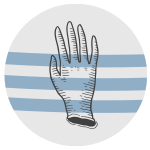
A Waka
The Movement
At the time of Guillaume’s stay in the Cook Islands, a grassroots movement was rising led by traditional elders, Mr. William Farhem and his father. For the first time in Cook Islands history, the government was being taken to court by the people. This uprising of traditional leaders was calling on the state to acknowledge the environmental problems at stake and recognize traditional knowledge and practices as part of the solution. It was clearly the biggest environmental protest in the history of the Cook Islands, and this movement was rising across the entire region.
A few months earlier, community members and traditional leaders had already started moving forward, taking tangible action. They, along with three other South Pacific countries, came together, to send a flotilla of fully fossil-fuel free canoes from the Cook Islands to Australia, to deliver the urgent message of the impact of climate change and its parallel problems (pollution, plastic, overfishing, rising sea levels) on the archipelago.
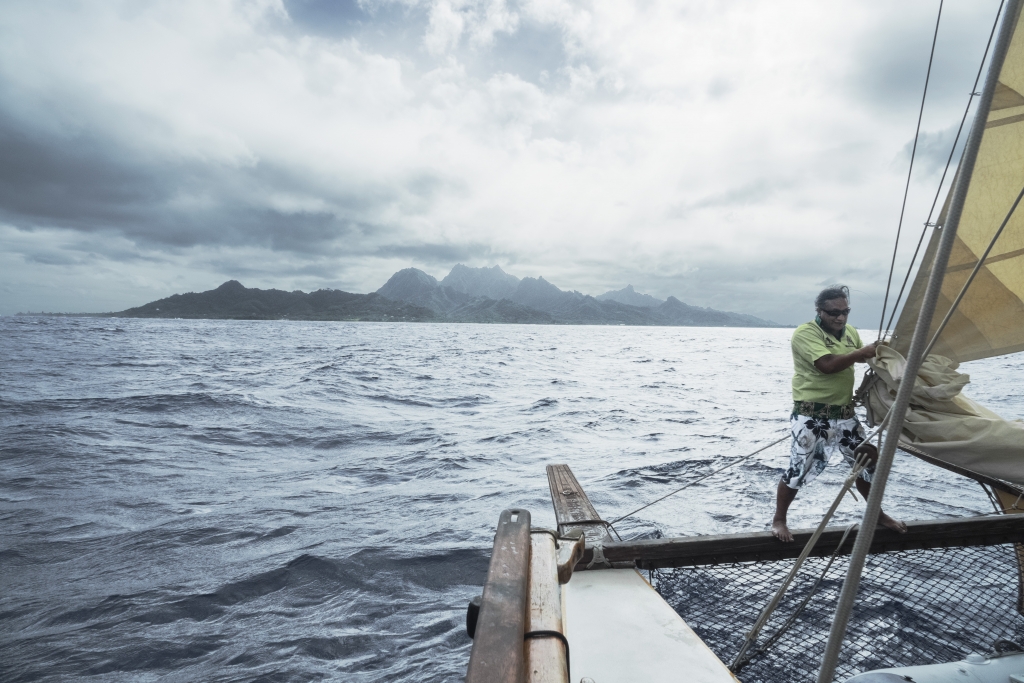
The operation was led by a renowned captain, Sam Timoco, and his traditional vaka (boat), the Marumaru Atua. Sam told Guillaume that the day they departed, the Cook Islanders were there in the harbout, often in tears, to see, maybe for the first time, the traditional canoes and to hear the strong message that they were going to deliver at the international conference in Australia. The traditional boat is a symbol of the change the islanders want to see, where traditional practices are respected and used to help achieve a healthier environment for generations to come.
“Waka is our identity. It holds the secrets of the past. And it also holds the secrets of the future.”
- Sam Timoco
The four-month journey ended with a grand entrance through the Heads of Sydney Harbour last November, to coincide with the International Union for the Conservation of Nature (IUCN)—World Parks Congress. Some of the biggest commitments in history for protected areas were made, very recently, in the South Pacific.
Episode 05
Traditional Fishing
Using traditional methods of managing resources as a way to resolve pressing climate and environmental issues is a hot topic in the Cook Islands. Tribal chiefs are working on community building as an alternative way to influence the Rarotonga government. Guillaume Beaudoin explores this subject in the 5th chapter of his journey.
Nuie Islands
Closing Thoughts
Leaving the Cook Islands I couldn’t help but feel inspired by these newly-born movements. I kept thinking about my talk with Teina: for hundreds of years fish stocks had been managed responsibly using traditional knowledge and practices. It dawned on me that the need to keep this knowledge alive is more important than words can express.
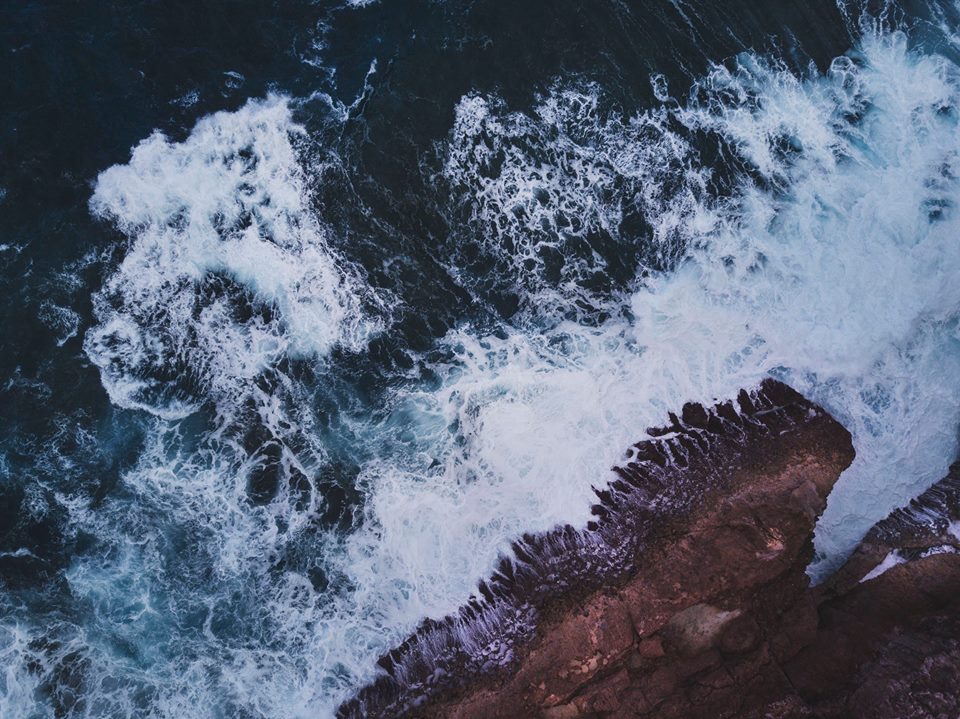
We reached the kingdom of Niue after 5 days of sailing from Rarotonga. We were greeted by the raw power of Nature. Staring down these massive waves, the importance of unity in times of crises struck me as being the crucial key to sustaining our future.
